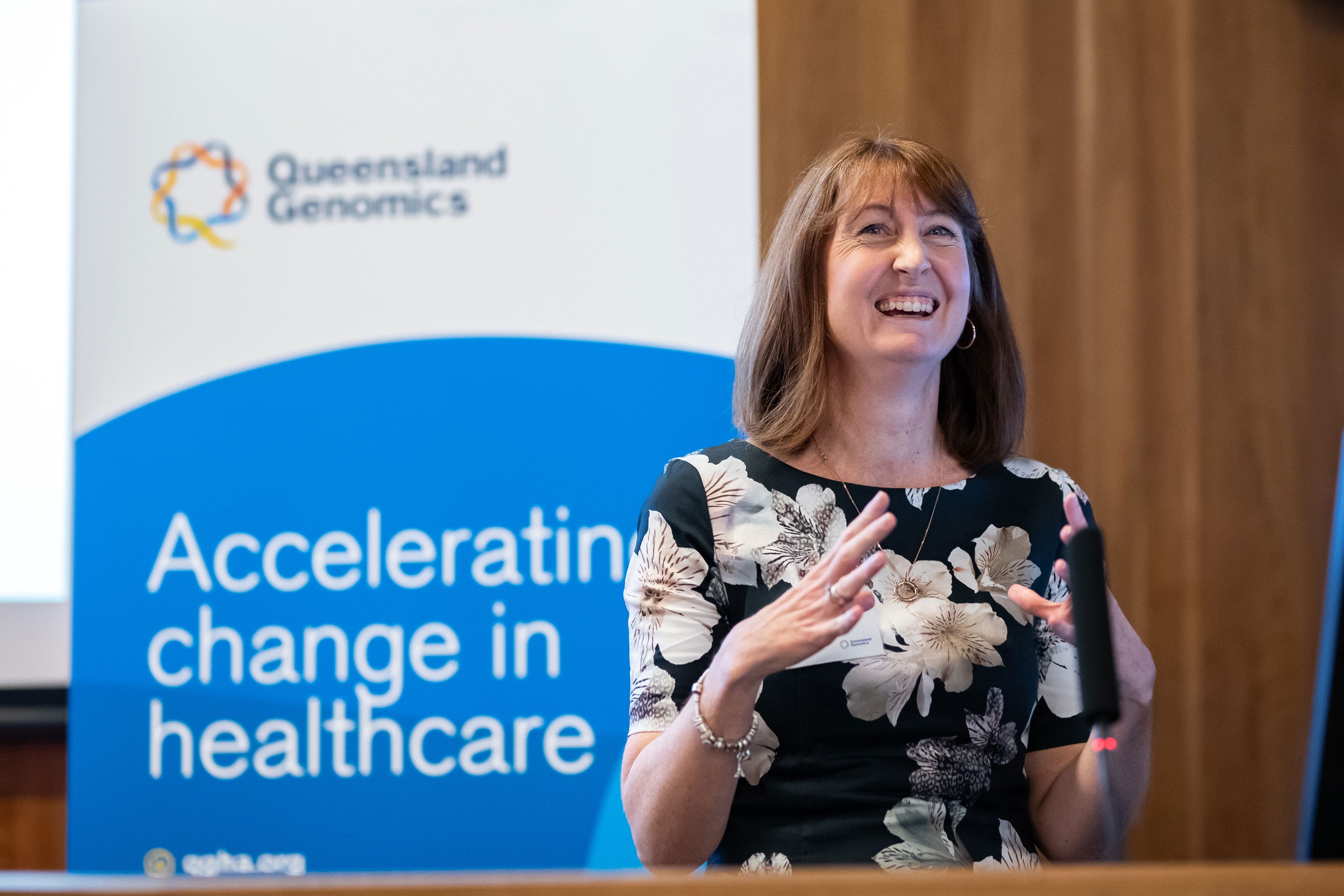Cancer
Genomic testing offers personalised treatment for patients with myeloid blood cancers

Clarity around costs helps evaluate the cost-effectiveness of genomic testing in cancer
A study has shed new light on the costs of genomic sequencing in cancer, which will help understand its value in fighting the disease.
The study was funded by Queensland Health’s Queensland Genomics program.
Associate Professor Louisa Gordon, who led the study, says that, despite a rapid uptake in genomic sequencing to predict, detect and treat cancer, understanding the true cost effectiveness of this complex process has been difficult due to a lack of information around costs.
“Unlike genomic sequencing for other diseases, testing in cancer patients often involves sequencing the tumour as well as the germline – blood and saliva etc – which is more complicated and costly, with limited studies so far around the inputs into these costs,” Dr Gordon said.
“By breaking down the components of genomic testing – labour, consumables, testing and equipment – and analysing the costs of each component, we found that consumables contributed the biggest cost.
“Consumables, which include items such as syringes, packaging, tubing and gloves, are most sensitive to commercial price differences – reducing these would have the biggest impact on overall sequencing costs.”
Researchers examined the costs of genomic testing across patients with melanoma, lung cancer, breast cancer, oesophageal cancer and mesothelioma, finding costs varied widely, ranging from approximately AUD$347 (breast cancer) and AUD$4,830 (oesophageal cancer) per patient.
But Dr Gordon said that understanding the stark differences in costs across cancers is complex due to the differences in the type and extent of genomic testing needed for each cancer and the number of patients involved.
“Future work will be needed to get a full picture on whether the higher costs for testing some cancer types are worthwhile, based on strong clinical outcomes,” she said.
By bringing a standardised approach to reporting cost inputs, the study brings clarity to the complex process of genomic testing in cancer, which Dr Gordon says will help health economists evaluate its cost-effectiveness.
“Decisions around whether to scale up health technologies including genomic testing depend on precise, accurate information around all cost inputs. This analysis, coupled with work in progress to evaluate the health outcomes of patients tested in this study, will help policy makers determine the value of genomic testing in cancer in the future health system.”
The study, which was a collaboration between QIMR Berghofer Medical Research Institute, Queensland University of Technology, The University of Queensland and Macquarie University, was published in BMC Health Services Research.